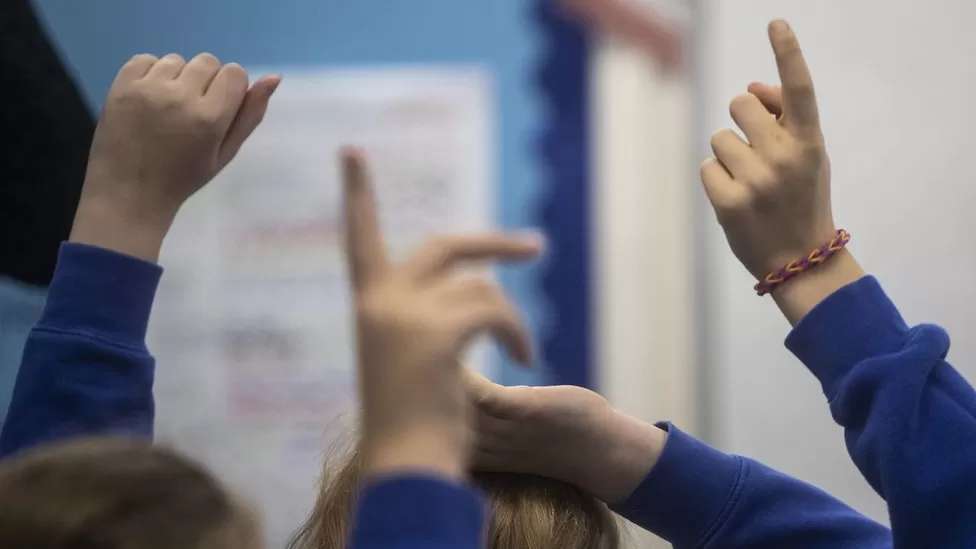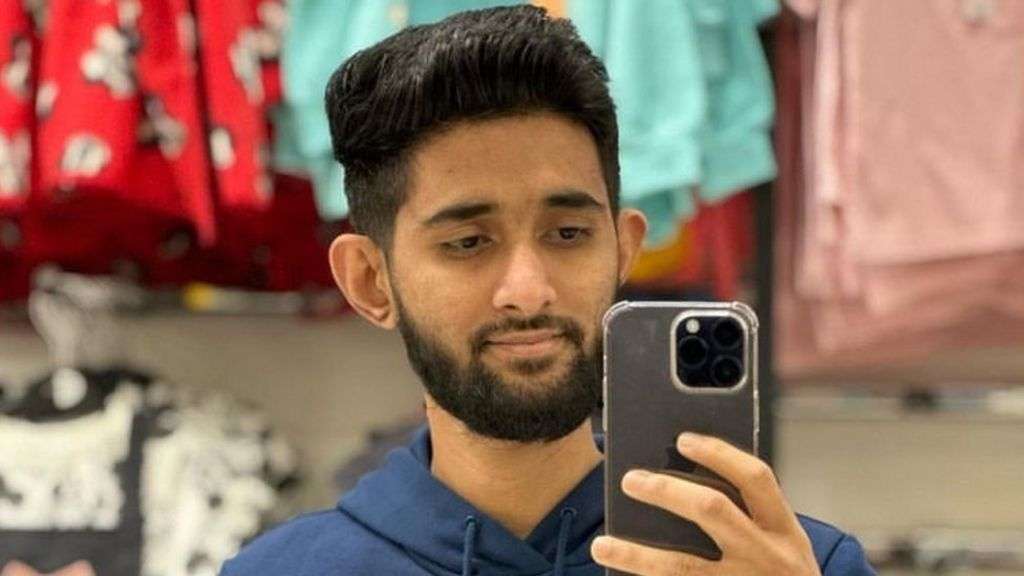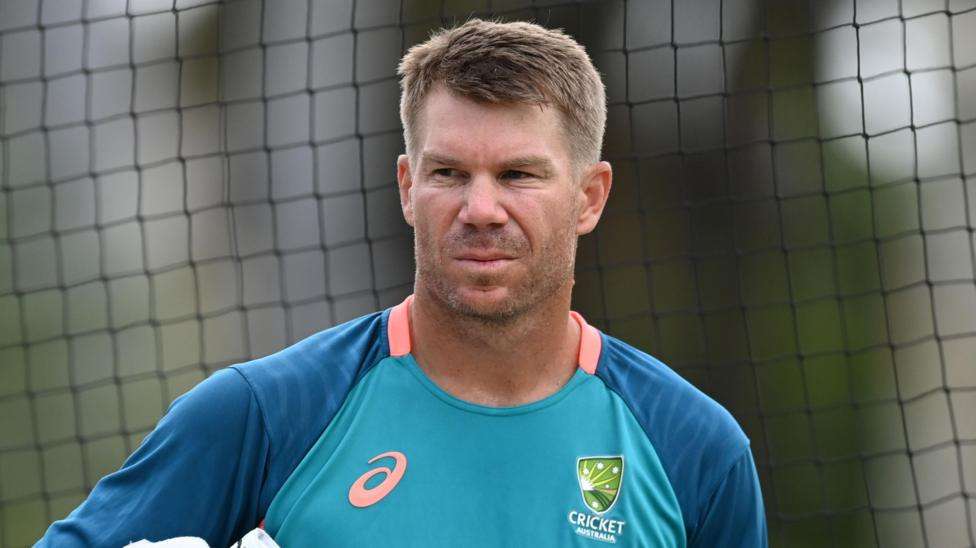Labour has set out plans to teach "real world" maths skills in primary schools.
It wants children to start learning financial literacy - including budgeting - from the age of four.
Shadow education secretary Bridget Phillipson told the party's conference in Liverpool there was a "chronic cultural problem with maths".
Referencing Rishi Sunak's desire to make the subject compulsory until 18, she said Labour would make sure it was "better taught at six, never mind 16".
"If young people hate maths at 16, it's just too late," she told the final day of the conference in Liverpool.
Under her plans, which cover England, teachers would get extra training funded by ending some tax breaks for private schools.
Ms Phillipson said she was determined to "bring maths to life for the next generation", saying young people needed numeracy for life and for work.
"Be it budgeting or cooking, exchange rates or payslips, maths matters for success.
"Maths is the language of the universe, the underpinning of our collective understanding. It cannot be left till the last years of school."
Labour says poor maths skills in childhood can embed problems that last into adulthood, such as the inability to analyse basic graphs or to calculate the value of supermarket offers.
An OECD estimate in 2016 found that nine million working-age adults in England had low basic literacy or numeracy skills - costing the economy an estimated £25bn a year.
Ms Phillipson said Labour would be "the party of high and rising standards" for children from all backgrounds, because background should be "no barrier to opportunity".
Real-world maths
As part of a pre-planned review of the school curriculum, Labour said it would direct teachers to show children how numeracy was used in the world around them.
Pupils would be taught maths through concepts like household budgeting, currency exchange rates when going on holiday, sports league tables and cookery recipes.
Instead of hiring specialist maths teachers, primary school staff would be retrained and supported by "maths champions", the party said.
A study by education charity the Education Endowment Foundation found children in nurseries employing a "maths champion" made three extra months of progress in maths, on average.
Latest numbers show about 25% of pupils do not meet the expected maths level by the end of primary school.
Latest figures also show maths teacher numbers are 9% higher than in 2012, but shortages have been reported across the country.
Ms Phillipson also told the conference she was determined to carry out "ambitious reform to ensure early education is available in every corner of our country for every family and every child".
Sir David Bell, a former permanent secretary at the Department for Education and former chief inspector of schools, would develop a new early years plan, she announced.
'Chippy'
Labour's plans were welcomed by the National Education Union.
General Secretary Daniel Kebede said: "Labour politicians are recognising that a reset between the teaching profession and government is required - and that very little of national government ambitions can be achieved without working with, and in partnership, with teachers."
In her conference speech, Ms Phillipson hit back at critics of Labour's plans to strip private schools of some of their tax exemptions.
Responding to reports in the Guardian in June which suggested that officials at the Independent Schools Council (ISC) had described her as "very chippy" in private messages, she said: "Chippy people make the change that matters."
Last month, Labour backed down on its pledge to strip private schools of their charitable status.
But the party remains committed to its policy for England of charging 20% VAT on fees and ending the business rates relief from which private schools benefit.








